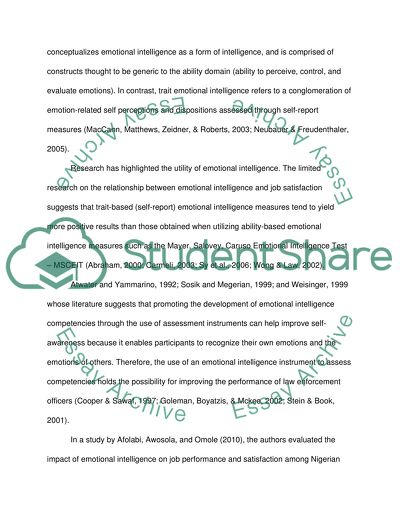Cite this document
(“The Effect of Perceived Job Stress, Social Support, and Emotional Dissertation”, n.d.)
Retrieved from https://studentshare.org/sociology/1394711-the-effect-of-perceived-job-stress-social-support
Retrieved from https://studentshare.org/sociology/1394711-the-effect-of-perceived-job-stress-social-support
(The Effect of Perceived Job Stress, Social Support, and Emotional Dissertation)
https://studentshare.org/sociology/1394711-the-effect-of-perceived-job-stress-social-support.
https://studentshare.org/sociology/1394711-the-effect-of-perceived-job-stress-social-support.
“The Effect of Perceived Job Stress, Social Support, and Emotional Dissertation”, n.d. https://studentshare.org/sociology/1394711-the-effect-of-perceived-job-stress-social-support.


